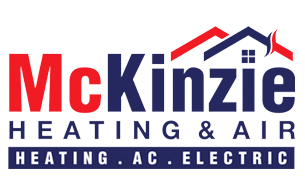“Should I Replace My Home Heating System?”
Replacing a home heating system – something you obviously rely on a great deal – is not always an easy decision – especially when a new system isn’t within your current budget projections.
Still, if a heating system completely quits on, the decision to replace it is pretty much made for you. But what about when the circumstances aren’t that black and white? Of course: the decision becomes a judgment call over whether it’s best to replace it now or wait until its performance further erodes.
Here’s what we can tell you for certain: if you can say “yes” to any of the following heating system warning signs, then replacing it should at least be one of the options you consider:
1. Your furnace or boiler is more than 15 years old.
Over time, even the best maintained system gradually loses some “steam,” costs more to operate, and becomes more susceptible to untimely and costly repairs.
2. Repair problems and costs are mounting.
The older your system, the more likely it is to break down or manifest other behaviors that require you to call in home heating repair specialist. And yet age isn’t the only cause leading to system repairs. Systems that were poorly installed, installed with sub-par materials, or not properly maintained also result in repair problems.
3. Some rooms in your home are too hot or too cold.
This can be a sign of general system wear and tear, or something simpler or easier to repair like a faulty thermostat or cracks or leaks in your air ducts.
4. Your home has excessive dust.
Leaky ducts can pull dust and dirt particles – plus other airborne pollutants – from attics, crawl spaces and basements, and distribute them throughout your house.
5. Your heating system is noisy.
You could have an undersized duct system or a problem with the indoor coil of your cooling equipment.
Bottom line, if your heating system isn’t performing up to its original standard of excellence, don’t wait for the problem to get worse. Instead, contact McKinzie Heating & today so we can professionally troubleshoot and diagnose the situation, and then recommend optional courses of action. One or more of them are sure to be consistent with your home, family, and budget.

